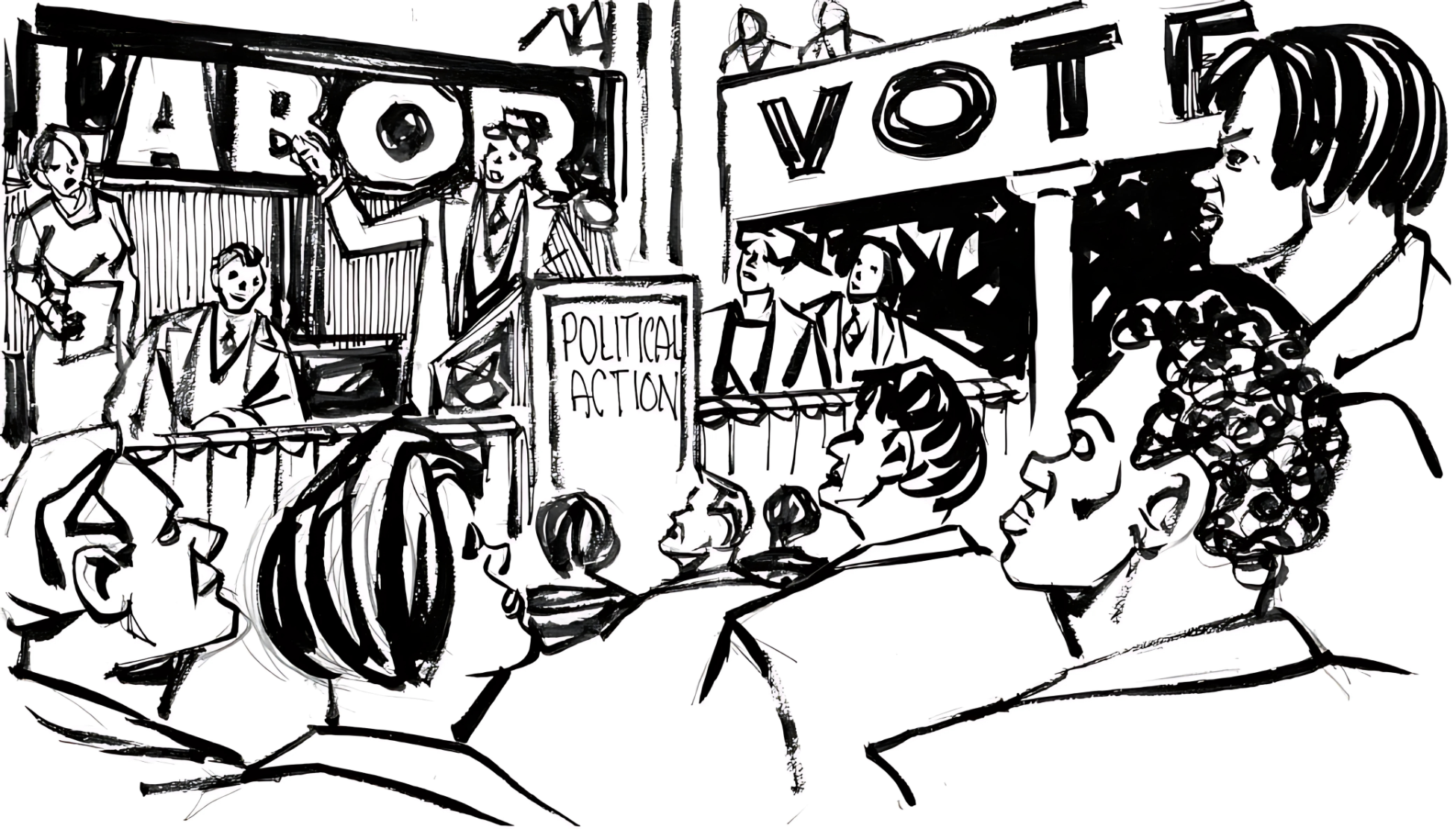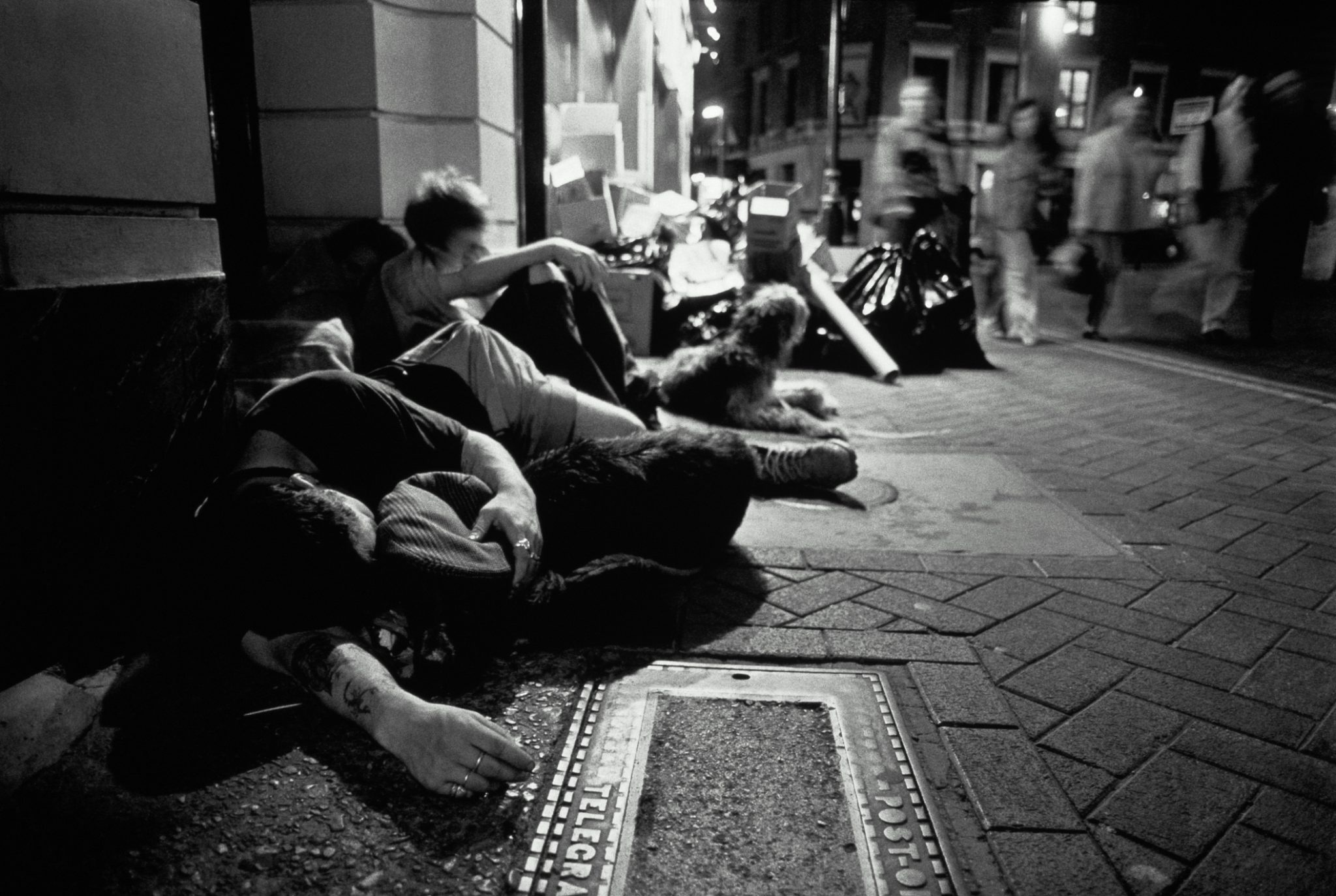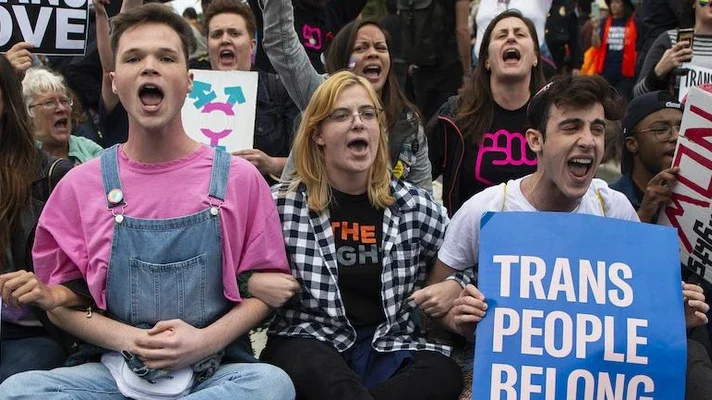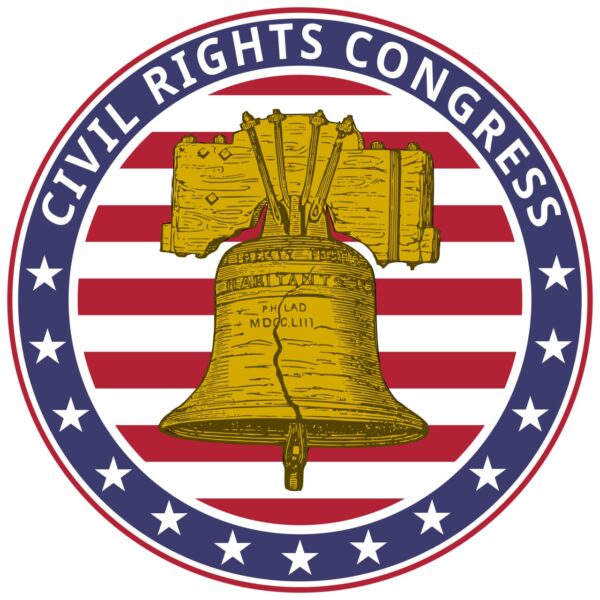Originally published in Labor Today
Since Donald Trump’s election victory on November 5th, AFL-CIO affiliated unions have released statements commenting on where the Democratic Party went wrong. Even the AFL-CIO President Liz Schuler commented that, “it is clear that the economic struggle working-class people are facing is causing real pain and neither party has sufficiently addressed it”. While at face value, it may seem that business unionists learned their lesson in supporting a candidate that was objectively unpopular with the working class. However, this provides evidence of the opportunism of business unionists in backtracking to a position that they appear to have known before the election.
UAW President Shawn Fain released a statement on November 13th discussing the election and that the issues of today remained unchanged. In it he also states, “As we have said consistently, both parties share blame for the one-sided class war that corporate America has waged on our union, and on working-class Americans for decades.” And yet, Fain was the one who lauded Kamala Harris and Tim Walz during his DNC speech for “standing shoulder to shoulder with the working class” and also credited Joe Biden among the striking workers for contract wins against Ford, GM, and Stellantis. But these two things cannot exist simultaneously. Either both Biden and Harris were on the side of the working class or they were not. Fain’s comments about how “this was never about party or personality” flies in the face of everything business unionists proclaimed leading up to the election. Furthermore, Fain says the UAW, “will never support the destruction of the union movement”, but campaigned for a presidential candidate that actively worked to prevent a rank-and-file led railroad workers strike in 2022.
The International Union of Painters and Allied Trades (IUPAT) President, Jimmy Williams Jr. released a statement stating, “the Democratic Party failed to offer a compelling working class agenda”. And yet, unions spent months of time, energy and money campaigning for Harris. The AFL-CIO and its affiliated unions have long been an appendage of the Democratic Party so it is likely that these unions will learn nothing and line up to support Democrats in the next election. The timid criticism of the Democratic Party post-election, instead of shifting towards independent political action, appears like damage control from leaders attempting to rein in their rank-and-file who are less than enthusiastic to continue supporting Democrats year after year.
Unlike business unionists, United Electrical, Radio, and Machine Workers of America (UE) provided a more nuanced approach when referring to the 2024 election. They specifically mentioned that Biden has an awful record on many issues and that they were not endorsing him (and by that extension Harris as they criticized her clearly undemocratic nomination), but that they had seen some gains under the Biden administration and encouraged working people to vote “in order to live to fight another day” while also pushing for independent political labor movement. The UE has since gone on to further advocate for a labor party and deepening the political struggle. This is where our decision now lies. Instead of waiting another three years for business unionist leaders to endorse another Democrat amid sinking popularity, we need to “get serious about building a true political alternative, a labor party that can unite and speak for the working class”. Unions such as the Teamsters, International Association of Firefighters (IAFF), UE, and United Food & Commercial Workers (UFCW) Local 3000 all decided to not endorse either candidate in this election, showing the opportunity is brewing for a labor-led anti-monopoly coalition.




